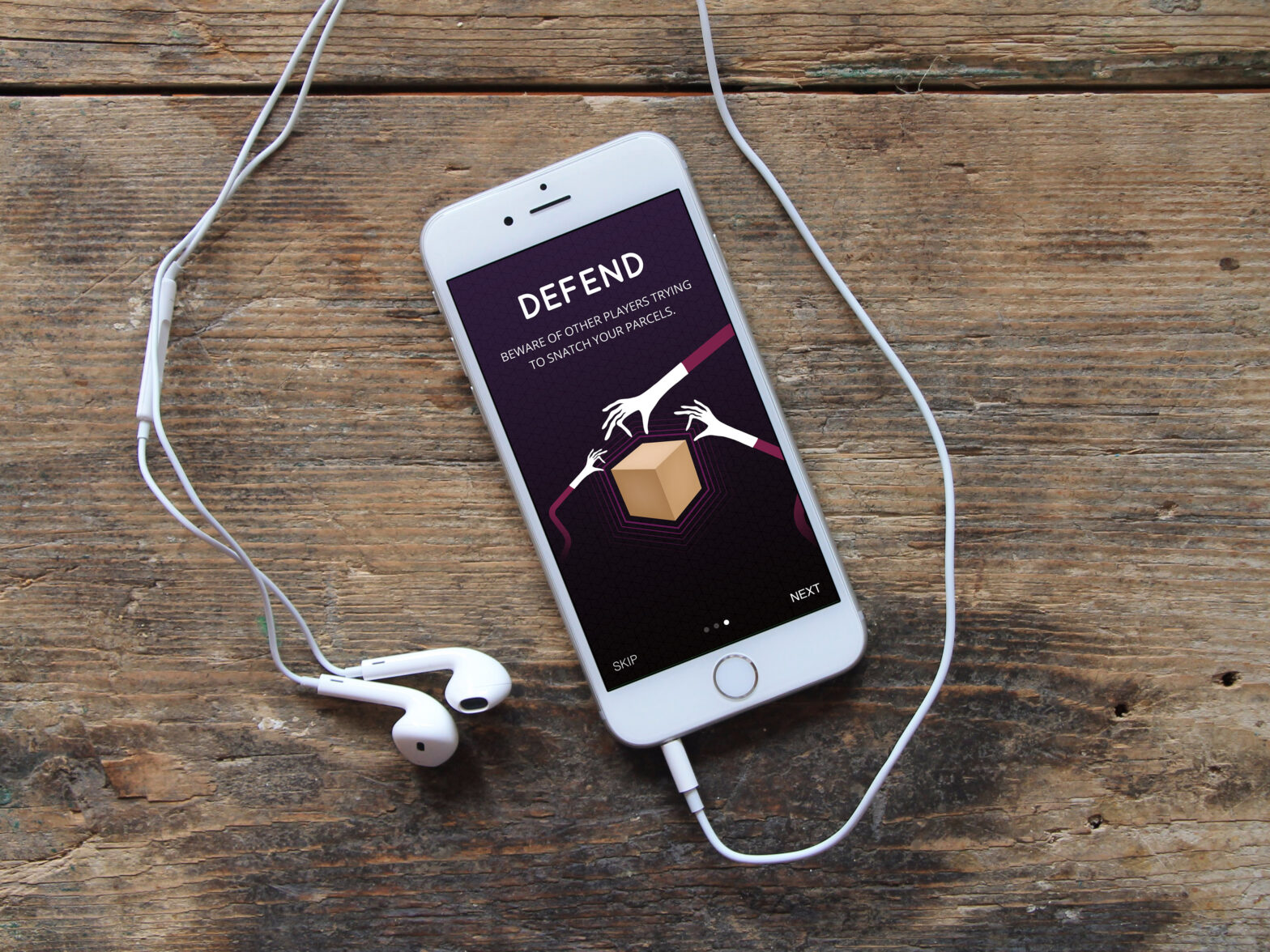Unilever Ventures announced an undisclosed investment of a six-figure sum in a UK-based augmented reality start-up, Snatch, that focuses on gamifying brand engagement. The smartphone game overlays a virtual treasure hunt over real locations so that players can “snatch” real prizes, sponsored by consumer brands. The game also requires players to defend their prizes from other players for six hours in order to be eligible to pick up their real-world prize from a physical location.
Consumer brands like Unilever and Nestle have been hit by falling prices and unfavourable exchange rates over the past year, and with demand from emerging markets like China and Brazil slowing, these brands are looking for ways to make the most of their brand footprint, now more than ever.
“My background as a forensic scientist ignited an interest in human behaviour – and Snatch is all about challenging our habits and preconceptions.” – Joe Martin, founder, Snatch.
Unilever Ventures’ Jan Harley believes technologies like AR may be what large brands need, in its way of transforming the way brands engage with consumers. “Immersing people in an interactive environment where they’re actively seeking out products and feeling the elation of winning something tangible, is a really exciting addition to the marketing toolkit. It’s an exciting period for the industry and something we’re keen to be part of,” he said of the recent investment in Snatch.
Snatch was in the making for two years before going live last month. Founder Joe Martin believes the game provides a vehicle for brands.
“Brands need to go beyond speaking at consumers and start interacting with them instead. We want to challenge brands to engage with consumers in a new way – by letting them discover their products through our platform. Augmented reality is an incredible way for players to integrate the game into their everyday life and opens up an opportunity for brands to reach potential consumers at multiple touch points,” according to Martin.
By 2035, AR has the ability to capture a quarter of the mobile commerce market, totalling more than £1 trillion.
To date, 25 brands have signed up to the Snatch app, including Unilever, high street fashion chain Topshop, Rock Pamper Scissors beauty salons, Just Eat, Pizza Hut and Now TV, the digital television service. The prizes total £15 million, and also include a year of university fees.
Augmented reality (AR) went mainstream with mixed results last year with Pokémon Go, but its applications in marketing and customer engagement are just coming to the forefront, propelled by global consumer brands looking to stand out in saturated markets.
Following AR’s explosive growth in gamification and advertising during 2016, retail is set to be the next AR winner in a market estimated to be worth over $90 billion by 2020. AR is already creating immersive experiences that are transforming footfall, dwell time, brand loyalty and revenue in retail.
Last year, video recognition start-up boomApp developed proprietary technology to allow brands to engage with and gain insights from consumers by connecting their TV ads to specific online content through a simple scan. Brands can now redirect users online to obtain more information about the product they have seen, purchase that particular product, request a test sample, invite users to participate in surveys or contests or instantly share the content on social media.
More recently, fast-growth tech start-up Blippar partnered with Covent Garden to created the world’s first augmented reality shopping destination for Christmas. Families got to meet Santa in an interactive neighbourhood Grotto and embark on an AR treasure hunt to catch reindeer hidden around Covent Garden. Shoppers could to unlock exclusive offers from the UK’s first AR Christmas tree decorated with “offers” that can only be unlocked through Blippar. This connected brands like Dior, Mulberry and Ted Baker to shoppers in a way never done before.
AR presents ample opportunity for heightening consumer engagement and the technology is predicted to shift heavily toward commerce in the long-term. According to a recent study, by 2035, AR has the ability to capture a quarter of the mobile commerce market, totalling more than £1 trillion.






